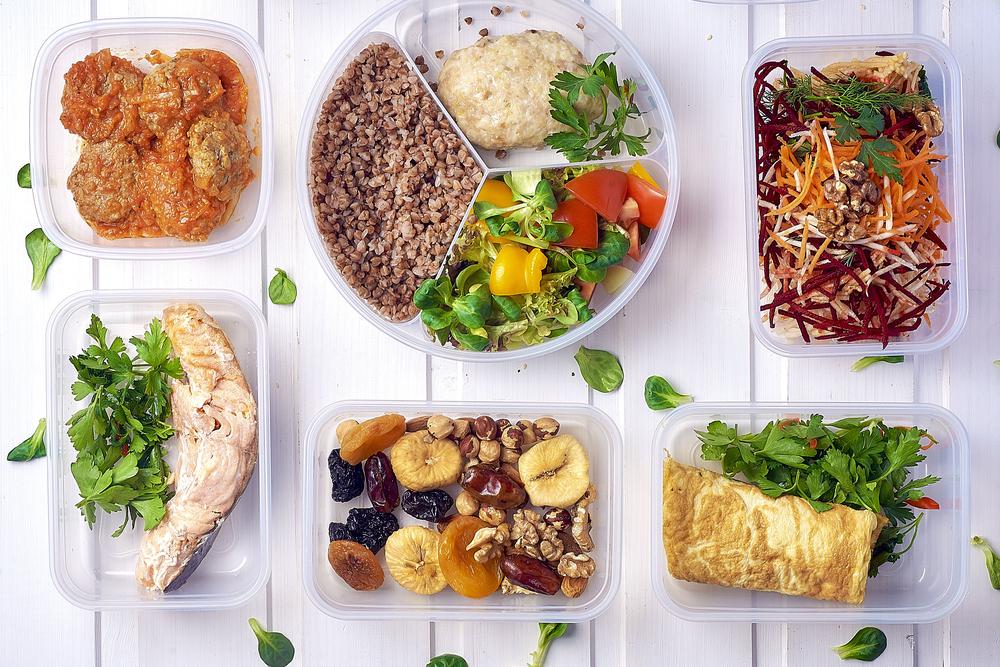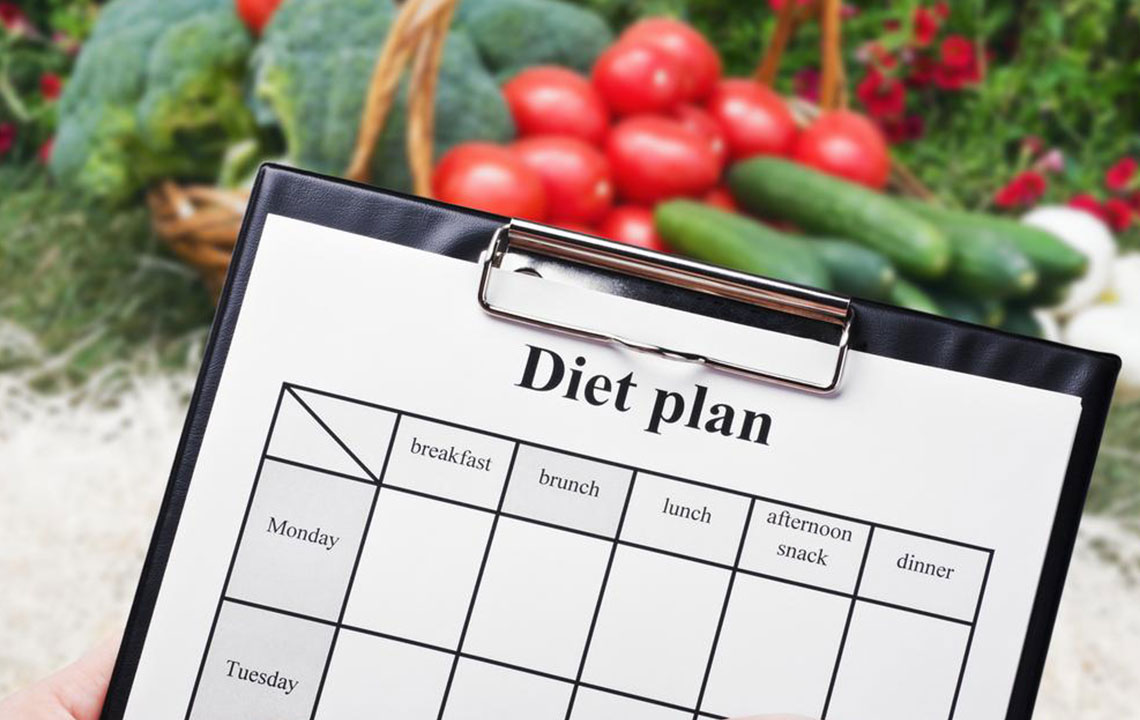Top Dietary Strategies to Manage IBS Symptoms
Discover effective dietary strategies to manage IBS symptoms, including high-fiber and low-fiber plans, gluten elimination, and more. Personalized advice from healthcare professionals is essential for optimal results. Incorporate these proven approaches to improve gut health, reduce discomfort, and enhance quality of life.

Top Dietary Strategies to Manage IBS Symptoms
Irritable bowel syndrome (IBS) is a common condition impacting the large intestine, leading to symptoms like cramping, bloating, and altered bowel habits. While medical treatment is essential, adopting specific dietary approaches can significantly alleviate discomfort. We’ve researched popular and effective diet plans that may reduce IBS symptoms, helping you achieve better gut health and a more comfortable life. Here are five proven dietary strategies to consider for managing IBS.
High-Fiber Diet
Including sufficient fiber is known to promote regular bowel movements by adding bulk to stool. Adults typically need 20-35 grams daily, but many consume less. Incorporate foods like vegetables, fruits, and whole grains to prevent constipation. If you experience bloating, focus on soluble fibers found in oats, carrots, and apples rather than insoluble fiber sources like nuts and whole grains.
Low-Fiber Diet
While fiber is beneficial, excessive intake can worsen diarrhea and gas for some IBS sufferers. Opt for soluble fibers like berries, oats, and cooked vegetables. Reduce consumption of foods rich in insoluble fibers such as nuts, raw vegetables, and whole grains. Consider using anti-diarrheal medications before meals if necessary, but consult your doctor for personalized advice.
Gluten-Free Diet
Gluten, a protein present in wheat, barley, and rye, can trigger symptoms in sensitive individuals. For those with gluten intolerance or sensitivity, switching to gluten-free options—like rice, corn, or gluten-free bread—may improve symptoms. Check food labels carefully and explore gluten-free alternatives available in stores.
Elimination Diet
This approach involves removing specific trigger foods, such as nuts, chocolate, caffeine, and insoluble fibers, for several months. Keep a food diary to identify which items worsen your symptoms and eliminate them gradually. Reassess and reintroduce foods carefully under medical supervision to determine your personal triggers.
Low-Fat Diet
High-fat foods can exacerbate IBS, especially in individuals with mixed symptoms like diarrhea and constipation. Transition to a diet rich in lean meats, fruits, vegetables, and low-fat dairy. Cutting back on fried and greasy foods can reduce symptoms and promote overall health.
Remember, dietary responses vary among individuals. Consult with a healthcare professional to tailor a diet plan suitable for your specific needs. Alongside diet, staying hydrated, exercising regularly, and reducing caffeine intake can support overall digestive health and symptom management.
Disclaimer: Our content offers general information and should not replace medical advice. Consult your doctor before making any significant dietary changes. We are not responsible for individual variations or inaccuracies in third-party information.









